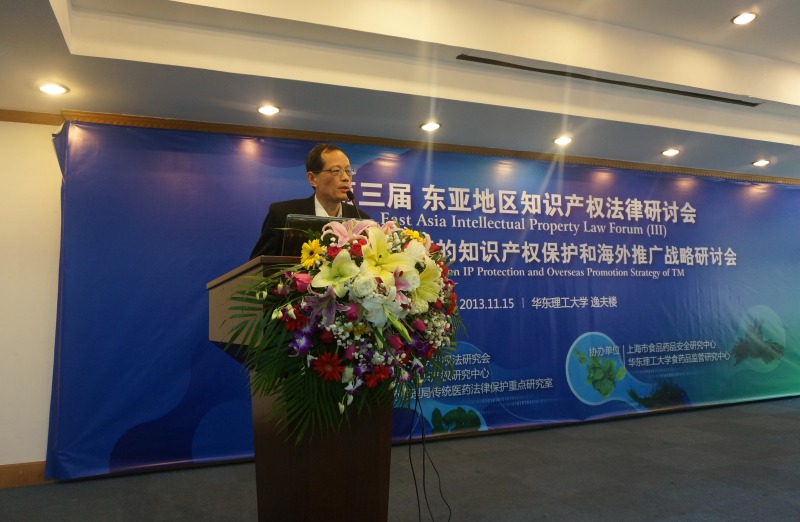Chinese Scientist Found Susceptibility Genes of HAPE
A research group led by Yingzhong YANG from Qinghai University has found the susceptibility genes of HAPE (high altitude pulmonary edema) through five-years’ researches. It has firstly reviewed some possible causes of which some low altitude populations were susceptible to HAPE at the genetic level and has found the susceptibility genes. The relative research result has been published on Journal of Wilderness and Environmental Medicine and Journal of Experimental and Therapeutic Medicine. Through the identification, the experts affirmed that the outcome has reached the international advanced level.
The group found that there was a high correlation between HAPE patients and EPAS1 genes. Because HAPE is a kind of complex disease occur in high altitude hypoxia environment, the research group has firstly carried out the large-scale GWAS (genome wide association studies) through Affymetrix SNP 6.0 superchip. They found that some genes were closely related to the pathophysiological processes of HAPE. More particularly, these genes mainly center on processes such as transcriptional regulations, signal transductions and immune regulations. They have selected out 26 SNP locus which provides meaningful information for HAPE genetic research. Besides, the group has also firstly found that the change of Apo A-I and Apo A-IV were related to the occurrence of HAPE. So the Apo A-I and Apo A-IV may become the biomarkers in HAPE.
The HAPE often occur in people who firstly enter into plateau which would seriously hinder the development of local economic and national defense construction. This research result provides the scientific method to select the HAPE susceptibility population, it would play an important role in the socioeconomic development and defense construction in plateau.
Time: 2016.6.9
Source: Guang Ming Daily
next:A New Regulation for Genetically Modified Cotton Seeds Production and Operation Permitting was Implemented


